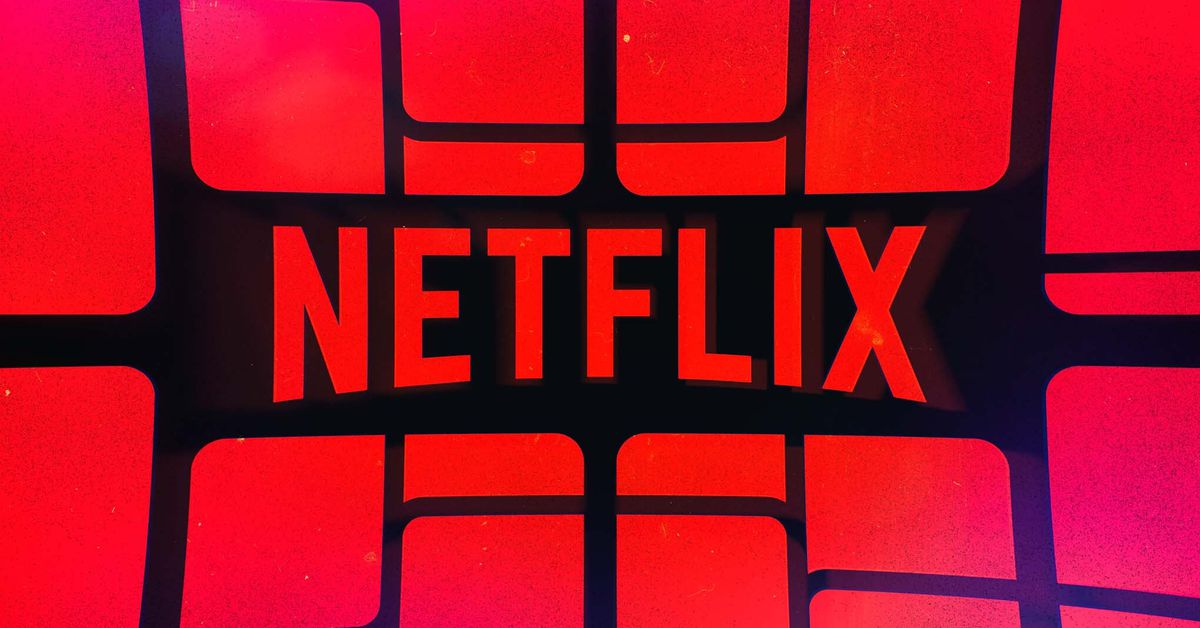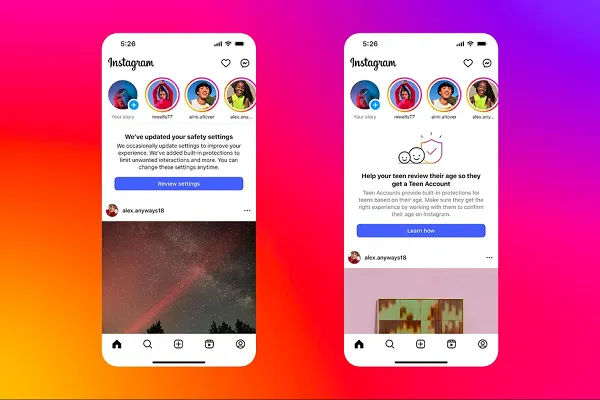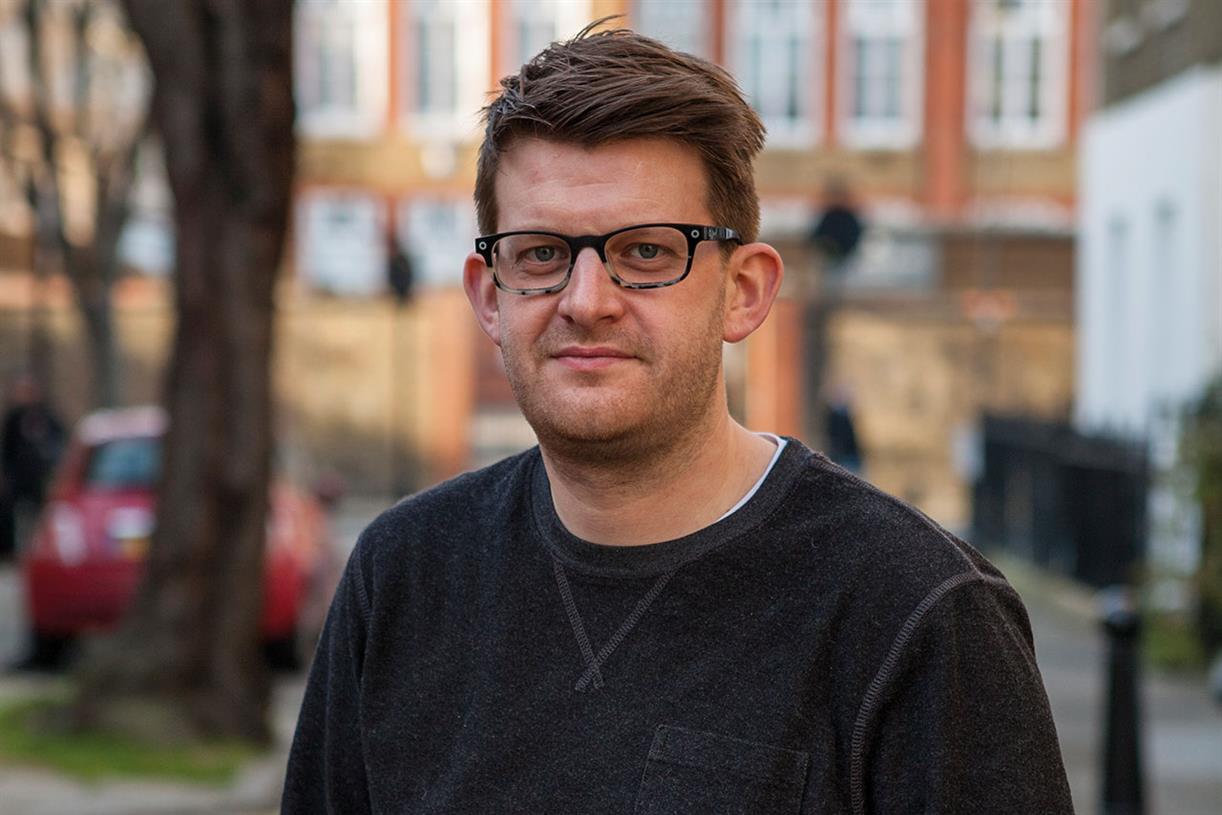Elon Musk invited to discuss $44 billion Twitter deal in UK Parliament
U.K. lawmaker Julian Knight sent Musk a letter requesting that he appear in Parliament to discuss his proposal to buy Twitter.

Musk's plan to buy Twitter has worried policymakers around the world.
Joe Skipper | Reuters
Tesla CEO Elon Musk has been invited to testify in the U.K. Parliament about his deal to buy Twitter for $44 billion.
Julian Knight, who chairs the parliamentary committee on digital, culture, media and sport, sent Musk a letter requesting that he appear before lawmakers to discuss the proposal "in more depth."
"At a time when social media companies face the prospect of tighter regulations around the world, we're keen to learn more about how Mr Musk will balance his clear commitment to free speech with new obligations to protect Twitter's users from online harms," Knight said in a statement Wednesday.
A Tesla representative was not immediately available for comment when contacted by CNBC.
Musk's plan to buy Twitter has worried policymakers around the world due to concerns that the world's richest man will relax restrictions on what users can say or share on the social media platform.
In the U.K., the government is keen to push through new laws that would impose a duty of care on online platforms to tackle harmful and illegal content.
Known as the Online Safety Bill, the legislation would allow the media watchdog Ofcom to levy fines of up to 10% of a company's global annual revenue for violations. Tech executives also face possible jail time for repeated failure to cooperate with regulators.
The European Union's incoming Digital Services Act, meanwhile, would force Big Tech platforms to more rapidly pull illegal content and products from their services. Last week, EU officials warned Musk he will have to play by the rules if he is to take over Twitter.
It's not the first time a billionaire tech boss has been asked to appear before the U.K. Parliament. In 2018, lawmakers summoned Facebook CEO Mark Zuckerberg to attend a hearing on disinformation and the Cambridge Analytica data privacy scandal, a request that he refused.

 Konoly
Konoly 






























.jpg&h=630&w=1200&q=100&v=f776164e2b&c=1)